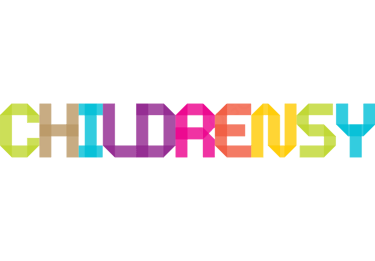The Science of Early Literacy:
Strategies for Supporting Literacy Development at Home
Kylo B
4/4/2024
The Science of Early Literacy: Strategies for Supporting Literacy Development at Home
Early literacy lays the foundation for a lifetime of learning and academic success. As parents and caregivers, there are numerous ways we can support our children's literacy development from an early age.
By understanding the science behind early literacy and implementing evidence-based strategies at home, we can foster a love for reading and set our children on the path to becoming confident and proficient readers.
In this article, we'll explore the science of early literacy and provide practical strategies for supporting literacy development at home.
Building Blocks of Early Literacy:
Early literacy encompasses a range of foundational skills that prepare children for reading and writing. These include phonemic awareness, phonics, vocabulary, comprehension, and fluency. Phonemic awareness involves the ability to identify and manipulate individual sounds in words, while phonics focuses on the relationship between sounds and letters. Vocabulary refers to the words children know and understand, while comprehension involves understanding the meaning of text. Fluency is the ability to read with accuracy, speed, and expression.
Read Aloud Every Day:
Reading aloud to children is one of the most effective ways to promote early literacy development. Choose a variety of age-appropriate books and read to your child every day, starting from infancy. Reading aloud exposes children to rich language patterns, vocabulary, and story structures, helping them develop phonemic awareness and comprehension skills. Encourage interactive reading by asking questions, making predictions, and discussing the story together.
Promote Phonological Awareness:
Phonological awareness is the ability to recognize and manipulate the sounds of spoken language, and it is a critical precursor to reading success. Engage in activities that promote phonological awareness, such as singing nursery rhymes, playing rhyming games, and identifying beginning and ending sounds in words. Encourage your child to clap syllables in words and segment and blend sounds to form words, laying the groundwork for phonics instruction.
Create a Literacy-Rich Environment:
Surround your child with print and create a literacy-rich environment at home. Display alphabet charts, labels, and signs in prominent places, and provide access to a variety of age-appropriate books and reading materials. Encourage writing by providing paper, pencils, markers, and other writing tools, and invite your child to scribble, draw, and write independently. Make reading and writing a natural part of everyday life, such as writing shopping lists, making greeting cards, or keeping a journal together.
Model Literacy Behaviors:
Children learn by example, so be a role model for literacy behaviors at home. Let your child see you reading for pleasure, writing notes or emails, and engaging with written materials in various contexts. Talk about the importance of reading and writing in everyday life, and demonstrate how literacy skills are used in different situations, such as following a recipe, reading a map, or writing a thank-you note. Your enthusiasm for literacy will inspire and motivate your child to develop a love for reading and writing.
Encourage Language Development:
Strong oral language skills are essential for literacy development, so encourage rich and meaningful conversations with your child. Listen actively to your child's stories, ideas, and questions, and respond with interest and encouragement. Expand your child's vocabulary by introducing new words and concepts during everyday activities and conversations. Encourage storytelling, imaginative play, and dramatic play, which promote language development and creativity.
Supporting early literacy development at home is one of the most valuable investments we can make in our children's future success.
By understanding the building blocks of early literacy and implementing evidence-based strategies at home, we can nurture a lifelong love for reading and writing in our children. Through daily read-alouds, activities that promote phonological awareness, creating a literacy-rich environment, modeling literacy behaviors, and encouraging language development, we empower our children to become confident and proficient readers and writers.
Let us embrace the science of early literacy and cultivate a culture of literacy in our homes, fostering a lifelong passion for learning and exploration in our children.

